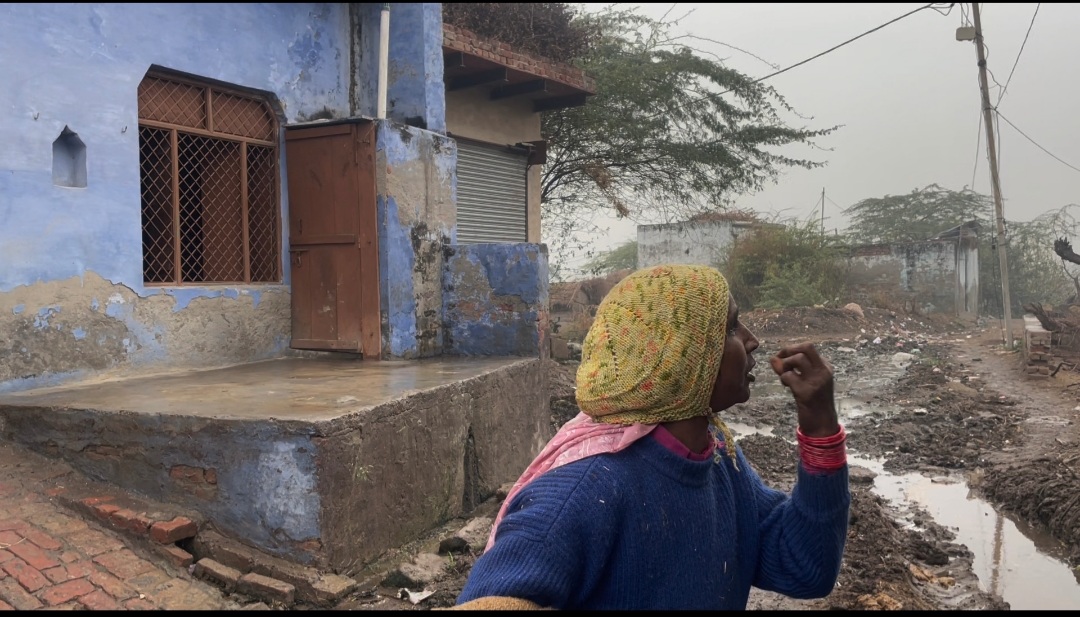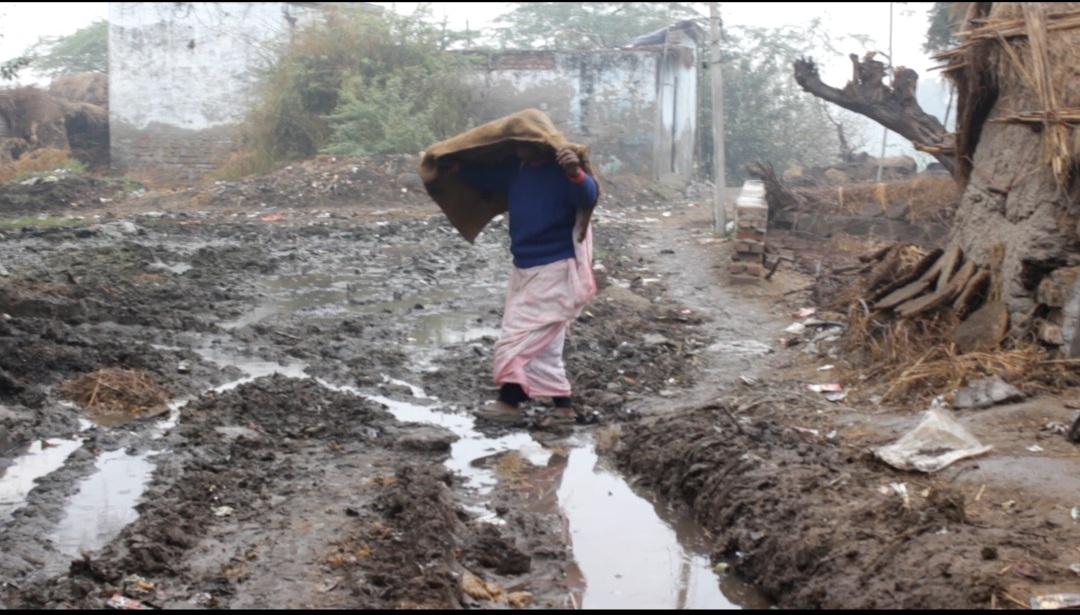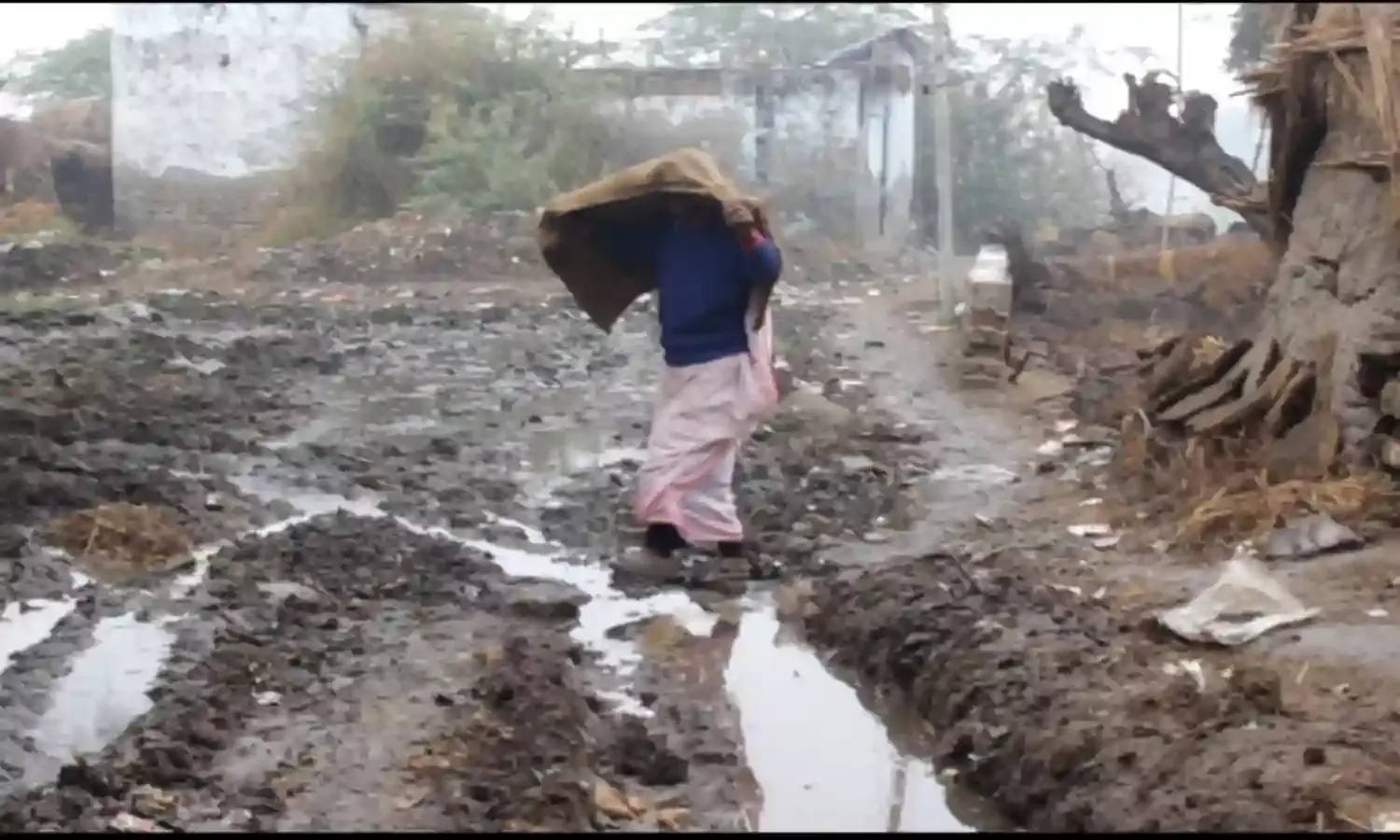Welcome to Baroli Village, a Hotbed of Despair
The stench rising from mounds of garbage is a reality check no one deserves
Driving towards the holy city of Mathura, Uttar Pradesh, you can see a remote village rising on the periphery. This is Baroli, just 35 km away from Mathura city. It is home to nearly 500 families who live in harmony with each other. However they have one enemy, the villages’ failed waste management system. This they say “is a toxic curse” that is slowly, but steadily, killing them.
They are not exaggerating, for the stench hits you the moment you enter the village. Reeling under the risk of contracting hazardous diseases, the villagers feel this is like living in hell. According to Shyamlal Singh, a resident, “household waste ends up into a common lake which eventually contaminates the groundwater. We can't use that water for any purpose.”
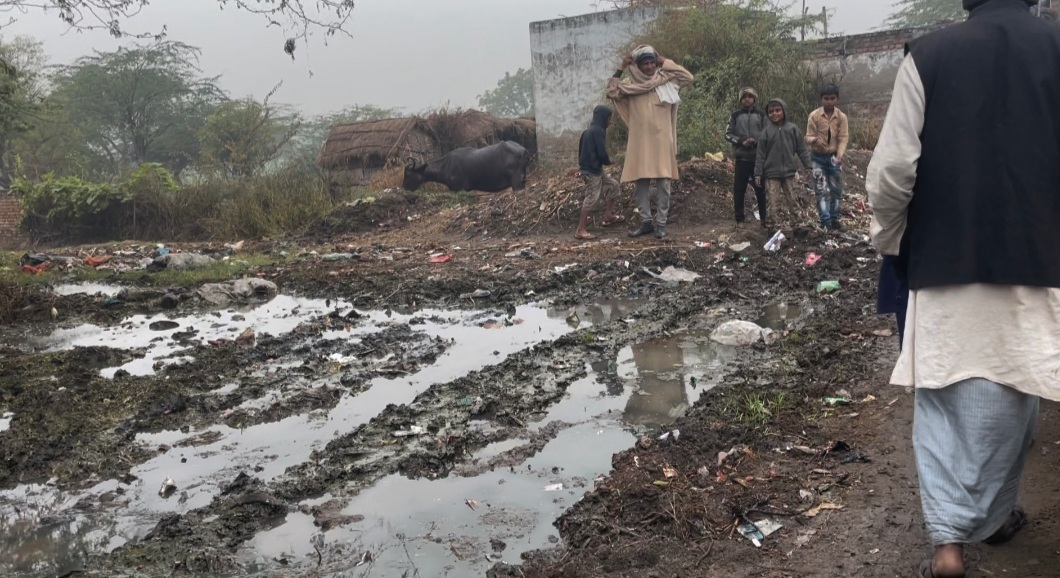
His neighbour Arun said, “there is a contact threat of lethal diseases like dengue and malaria in the village. The increasing level of waste is a breeding ground for the flies and mosquitos.” According to him over 10 children have died here for want of medical care.
Beyond its bad roads, and garbage piles, untreated waste in a common water body is what worries the people most. However, bags of garbage and household waste are being dumped at one place. This untreated sewage muck gets washed into the larger pond of filth.
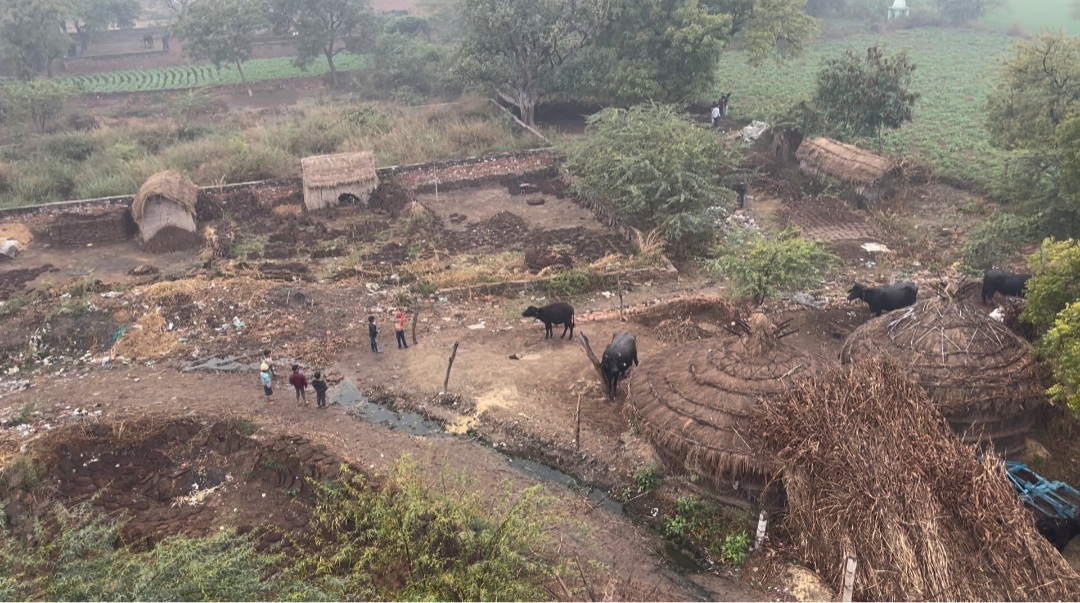
Another villager who spoke on the condition of anonymity said, ”in the past few years, leaders and corporation members have not even bothered to visit the village. During the elections, they will come for votes and make false promises which have undermined our trust. The majority of the population here earns Rs.100-150 a day by ploughing the fields, which is also in distress for some years.”
According to Shyamwati, another resident, the village panchayats are not capable of dealing with the problems. The panchayats claim that they don’t have enough funds.“The stench of the garbage has made our houses a living hell,” she added.
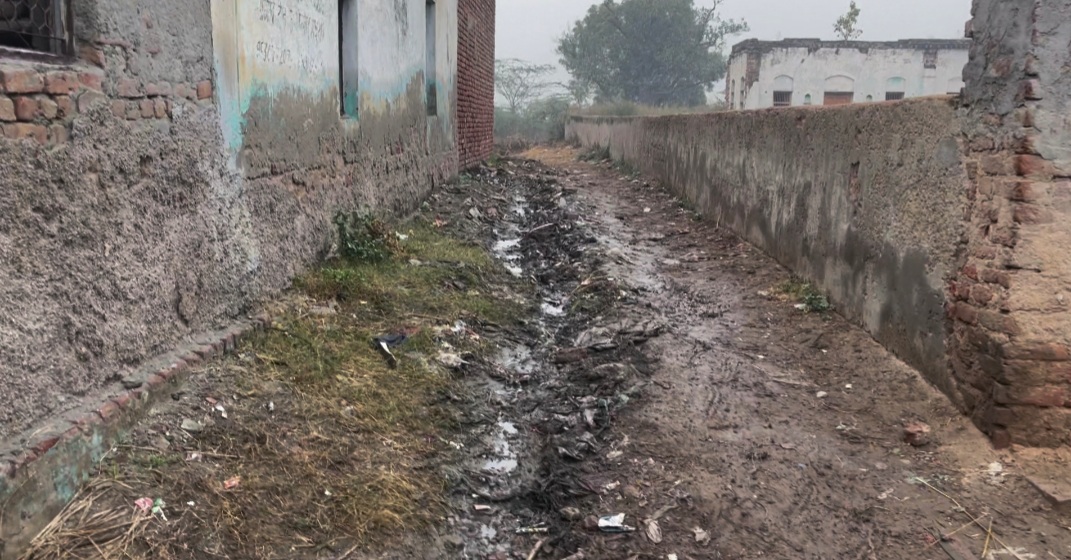
The loss of agricultural activity as a way to make ends meet has been another challenge. The groundwater is so toxic that it can't be used for irrigation. This has forced many villagers to look for other ways to make a living.
